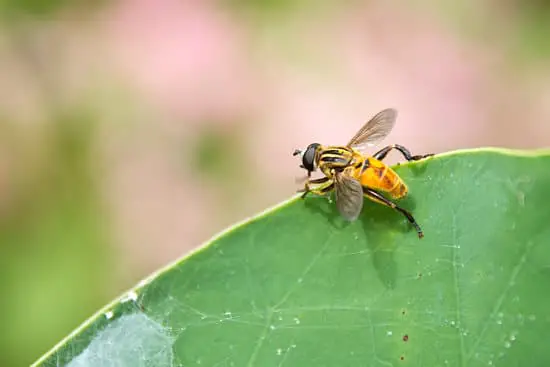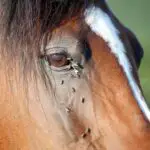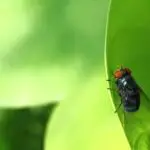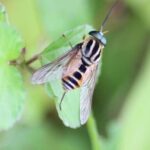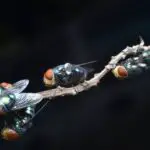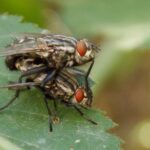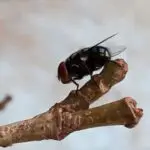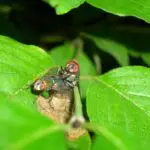How Do Flies Help the World?
Most people associate flies with disease and dirt. But only a few of them are harmful, and most play an important role in ecosystems. In fact, flies have over 100 thousand species, making them a vital part of life. Understanding the role of flies in our ecosystems is essential to our well-being and the health of our environment.
Fly larvae feed on dead organic matter. Their bodies contain enzymes, which aid in breaking down food and digesting it. In addition, flies can taste food using their feet. These small insects can ingest up to half a gram of waste material each day. This means that the average household green waste bin can be eaten every year!
Some studies have shown that flies are an important part of crop pollination. Bees are the most common pollinator, but flies also provide a valuable service for farmers. Some species can be raised for commercial release. Many research projects have focused on bees, but other flies are also visiting crops.
Scientists at the Salk Institute have studied the brain of flies, aiming to create a wiring diagram that can explain how these creatures think. Their goal is to identify flies that are good pollinators for a variety of crops. Scientists are currently testing candidate flies on plants to see if they can work in our gardens.
